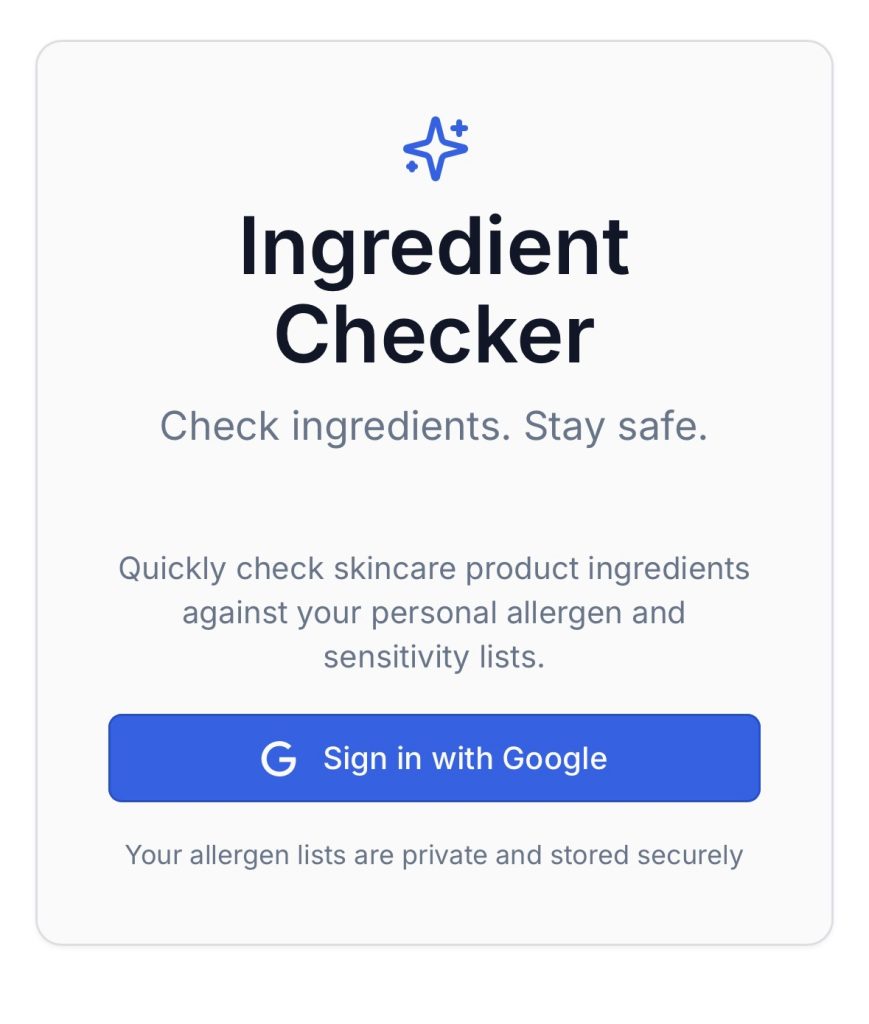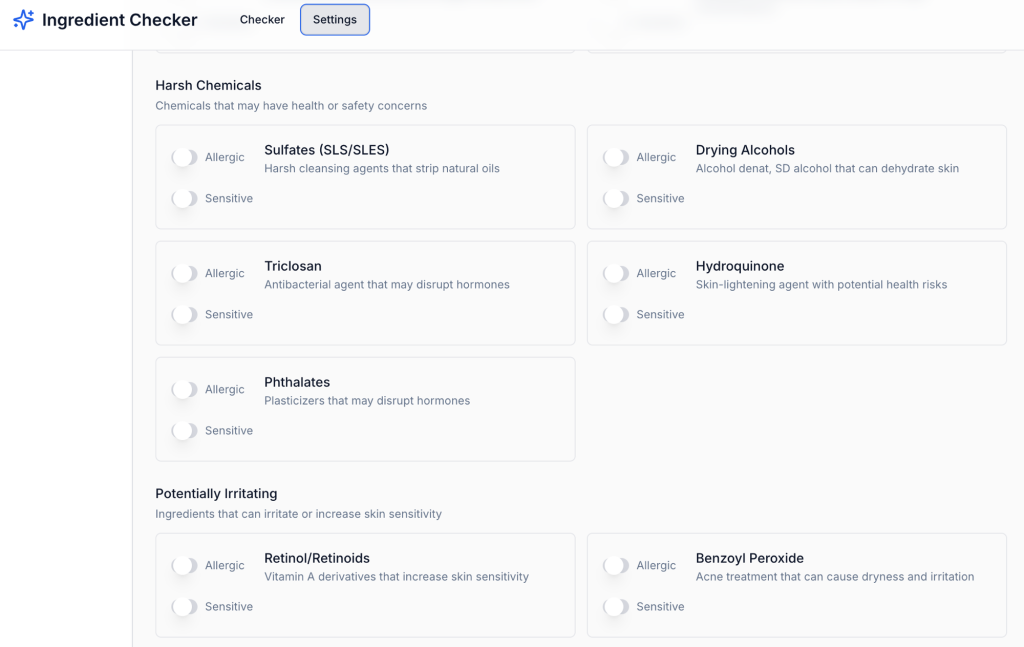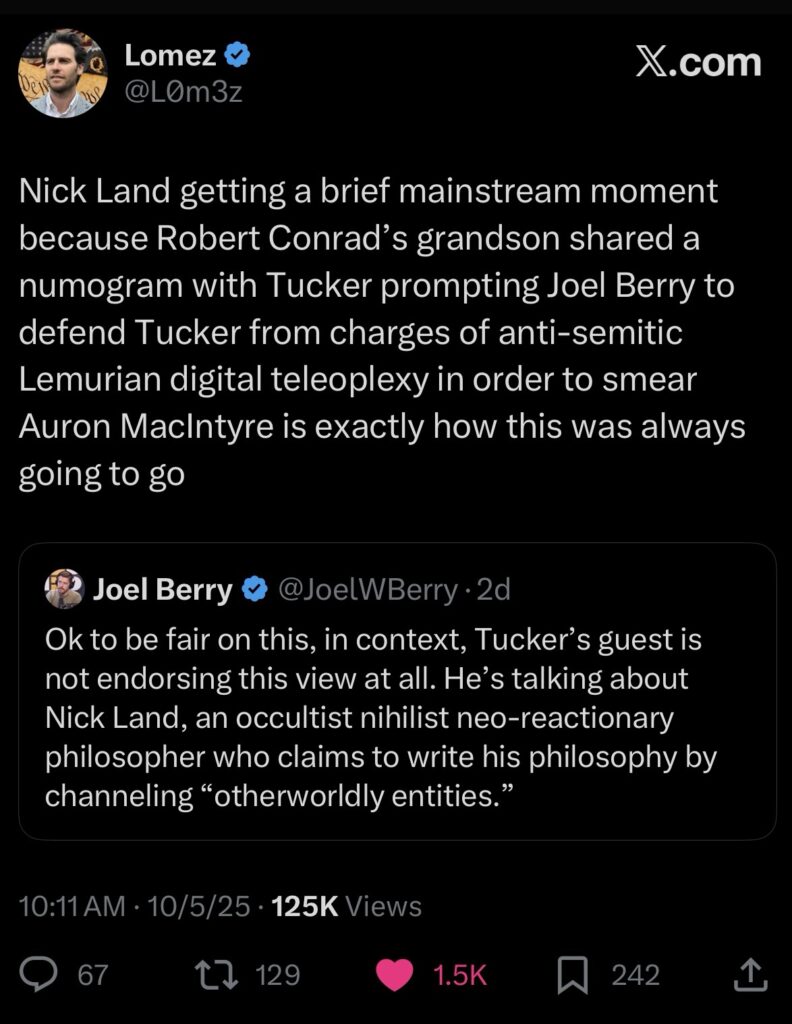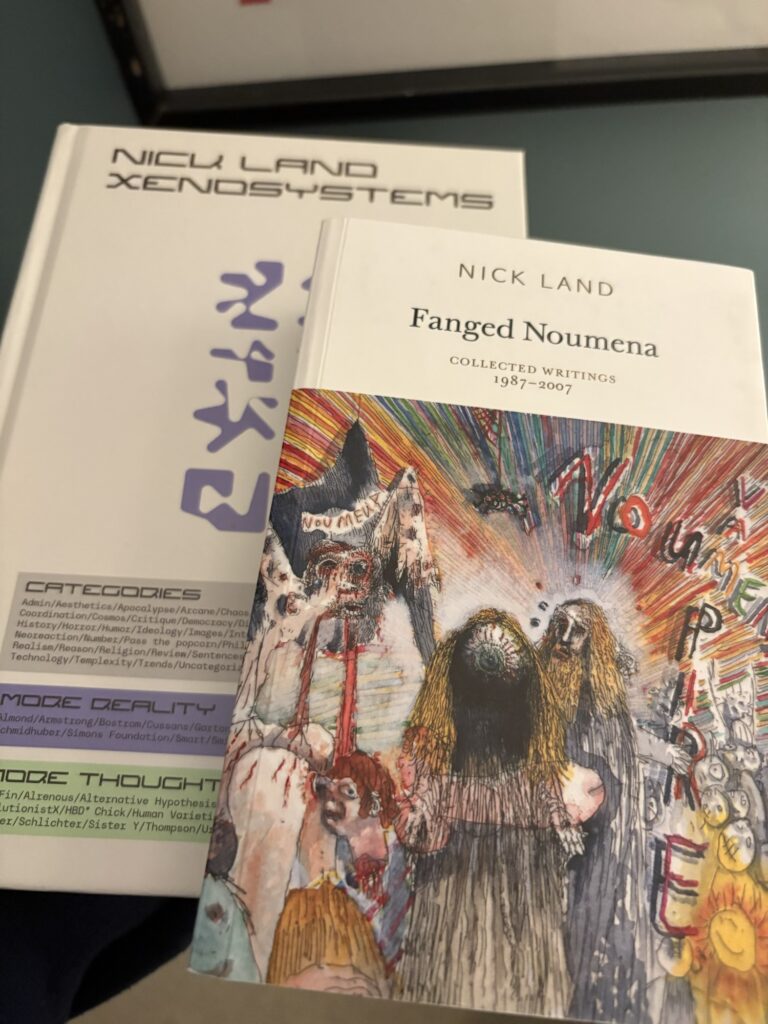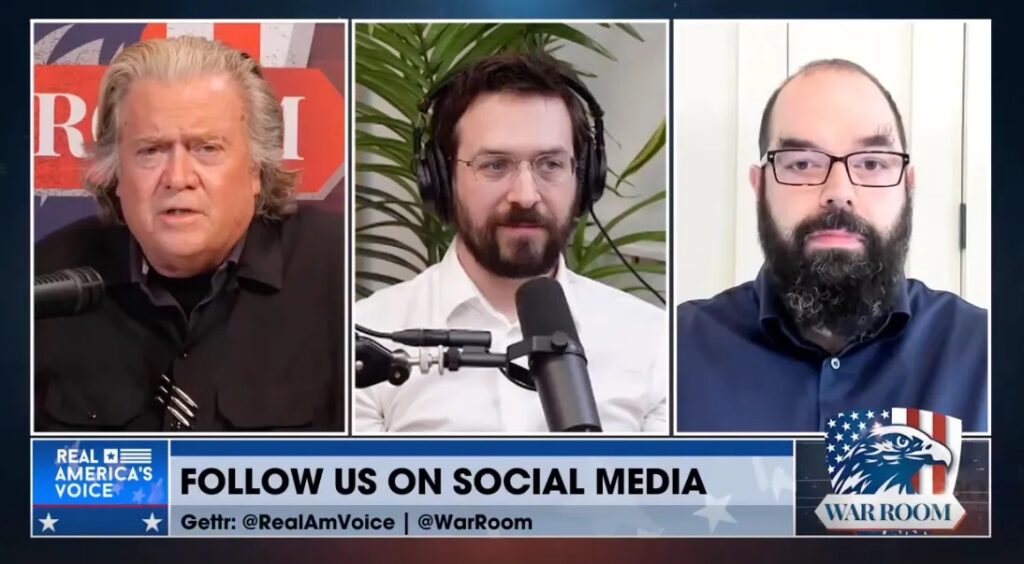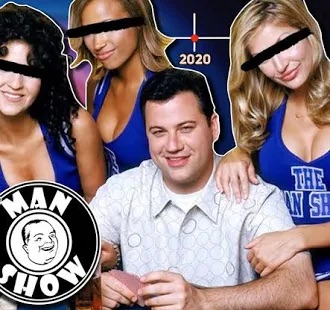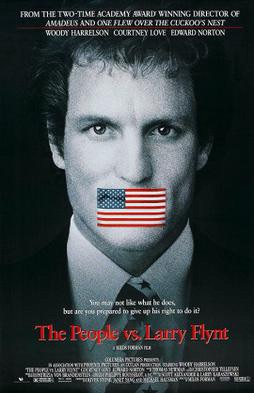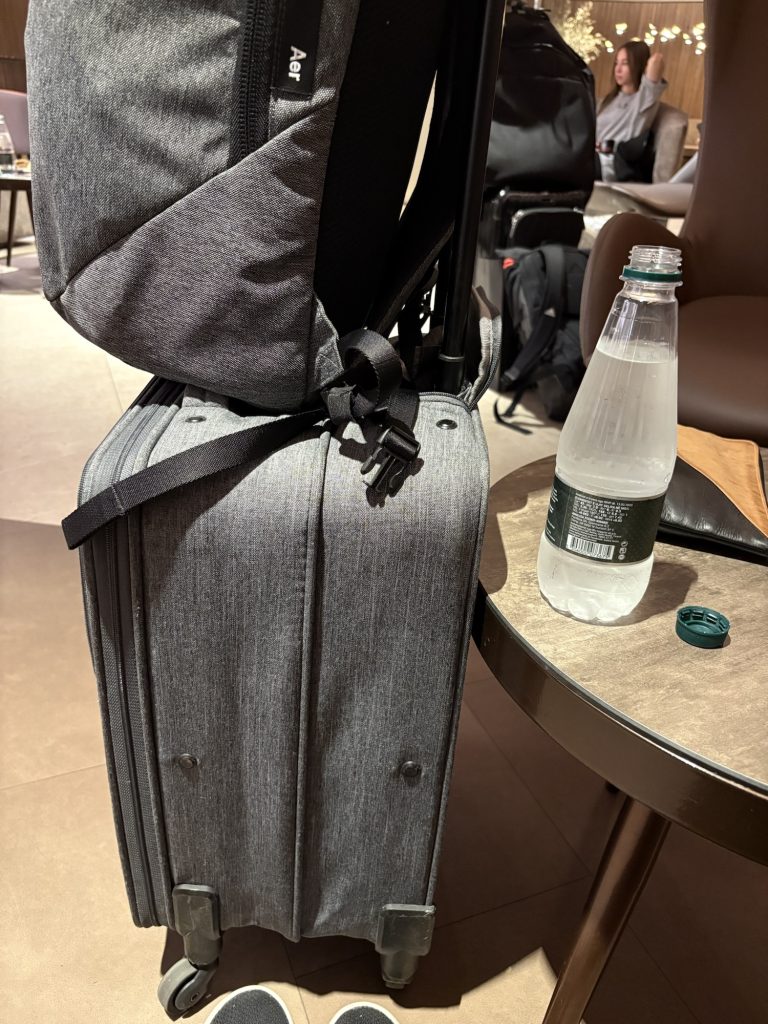My inner child finds the idea asking if “you want to see something gross” to be funny. Of course, I want to see.
Gore and violence don’t get this reaction from me. I dislike it in movies and in the real world. But to see gross and the weird in the real world. I get it. Maybe lots of humans thinks seeing gross things are cool.
I think it is a bit sweet. It is as a very human reaction go “ewww cool” when faced with non lethal wounds. Maybe it’s truer with boys than girls, but if a kid said “do you want to see something gross?!” in Colorado when I was a tween the answer was a rousing yaah! Gross things are cool.
Maybe it’s a type of survival mechanisms where if we can learn more about what is lethal, and lethal injuries look like, it then improves our Darwinian fitness. We judge risk more accurately.
Flesh wounds need proper care and do turn out absolutely fine. And boy have we improved on the science of wound care since I was a kid. We have evolved past the bandaid.
When I first did my wilderness incident first responder training, I went worried I’d find the injuries we’d be treating emotionally challenging.
But even in a hard situation like a fire burn or the dermis getting sliced open, I still had a bit of that bravery of a little girl. That is cool! The bravado of a human who believes we can fix it
If you enjoy a story of plucky Rocky Mountain woman learning to do emergency care for herself and her community I’m glad we shared this time together.
Hopefully you never need these emergency skills. We take learn the risks and practice for them so we may never experience them.
So if you don’t feel this way, I’m giving you your ticket out of here. Stop reading now. But if you want to see something gross stay on.
For those who who are like “actually I want to hear all about getting your left butt cheek sliced open” to raise and normalize your testosterone levels by injecting tiny pellets of hormones though a steel dart gun via the scalpel entry point. Then it’s time to see something gross.
This is my wound on Wednesday morning after I had the procedure. It’s much bigger a slice than I’d expected but first time practitioners (I asked for the experiment) and while the treatment is safe across most vectors, I was a nervous immune compromised patient who prepared for the worse.
So this a real 10/10 “let’s see how it goes from here” experiment especially if the returns it delivers are real. I hope for the energy, pain tolerance and healing benefits the average patient sees
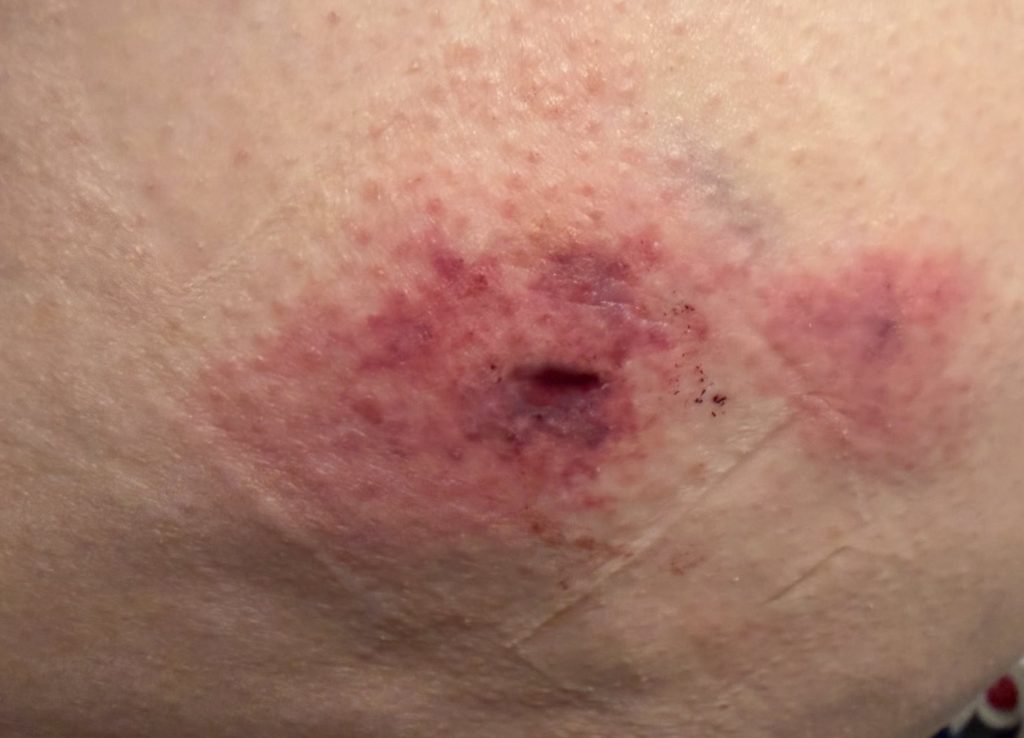
Now I am lucky enough to be an owner and finally user of my very own hyperbaric chamber for oxygen therapy. I wrote about it at length through trade wars and trips to Istanbul. We finally got the OxyRevo from China last month. I intend to upgrade to an HPOTech in our finished medical space (I believe HPOTech the best on the market currently)

So I am using a 90 minute full 2 atmosphere protocol already as I go went this treatment. I had also begun testing the GLOW stack from a peptide spot where I trust the owner. I’m helping him test. And this is the recommended stack for recovery.
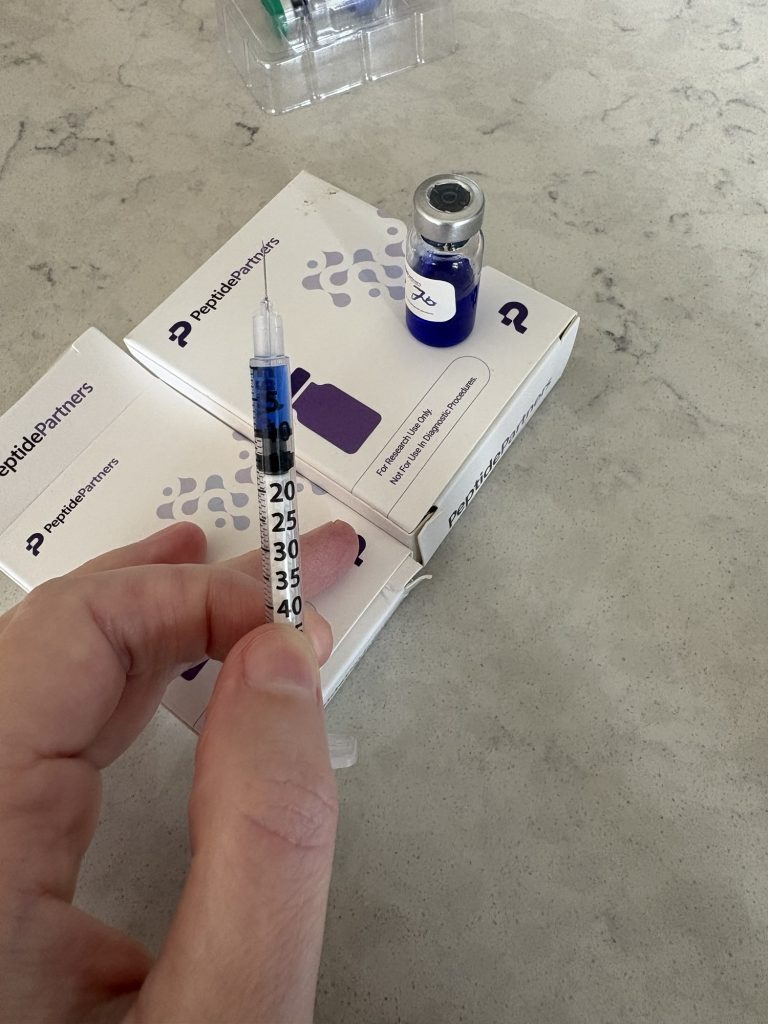
So I am absolutely throwing the gold care package at this. I am taking collagen and biotin, we’ve got the local food and the lack of seed oils, we’ve got the best current standard for peptides on injury and surgical recovery.
And somehow I am still scared. I never heal well or easily. I bruise easily and badly. I was so slow this summer to heal from an abscess surgery. I took a risk and I worried.
But I woke up this morning and my open wound has closed and the bruising has retreated in just five days to this. I’ll be in the scar mitigation territory in no time, and soon it won’t even be visible to the naked eye.

Progressively, the wound has moved from acute bruising and erythema toward decreased inflammation and resorption of bruising, with steady wound closure. Monitoring should continue, but the pattern suggests healthy tissue repair
So I hope you enjoyed seeing something gross. As it is keeping less and less gross by the minute.
